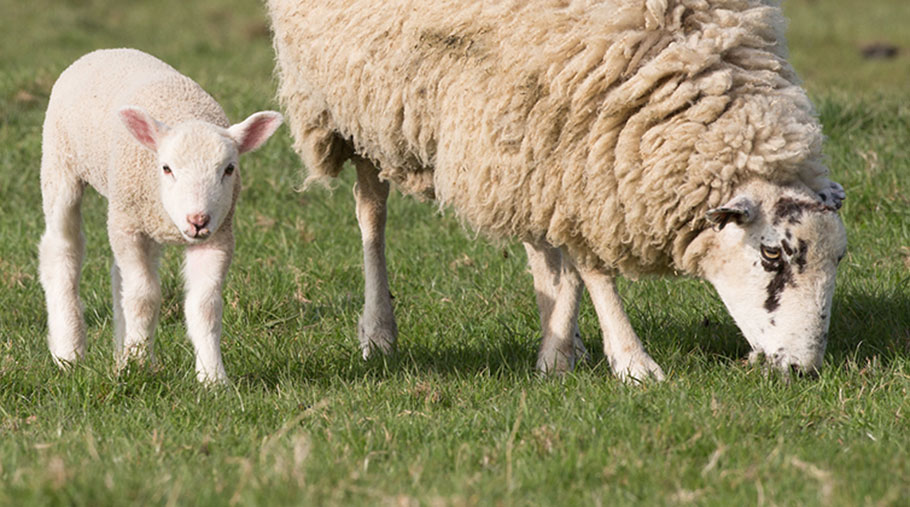Further cases of bluetongue in cattle and sheep in Kent
 © Tim Scrivener
© Tim Scrivener Livestock farmers are facing an increased risk of bluetongue following a spike in cases on the east coast of England.
A total of 23 cases of bluetongue in cattle and sheep have been found in England since the initial outbreak on 10 November.
There are currently two control zones in place, one is a 10km temporary control zone in Broadland, Norfolk, and the other covers a larger region in north-east Kent.
See also: Bluetongue control zone causing animal welfare issues
As more cases become apparent, there are some concerns among industry that there could potentially be a larger outbreak next summer if the weather conditions suit.
The latest update from the Animal and Plant Health Agency (Apha) on 17 December confirmed a further case of bluetongue had been found in a sheep in the Sandwich Bay area of Kent, following active surveillance within the existing control zones.
Eleven more cases of bluetongue in cattle were also found on holdings within the control zone in Kent last week.
All animals found with the disease have been culled in order to minimise the risk of it being passed on.
Despite an increase in cases, Apha has said the control zone is not being extended and there is still no evidence that bluetongue is circulating in Great Britain.
However, movement restrictions for ruminant livestock within the control zone remain in place.
Chief veterinary officer Christine Middlemiss said: “Farmers must remain vigilant and report any suspicions to Apha.”
Bluetongue is a notifiable disease and farmers are required to report any potential cases.
Farmers in England should contact Apha on 03000 200 301, farmers in Wales should call 03003 038 268, and Scottish farmers should contact their local field service office.
